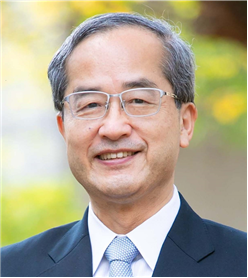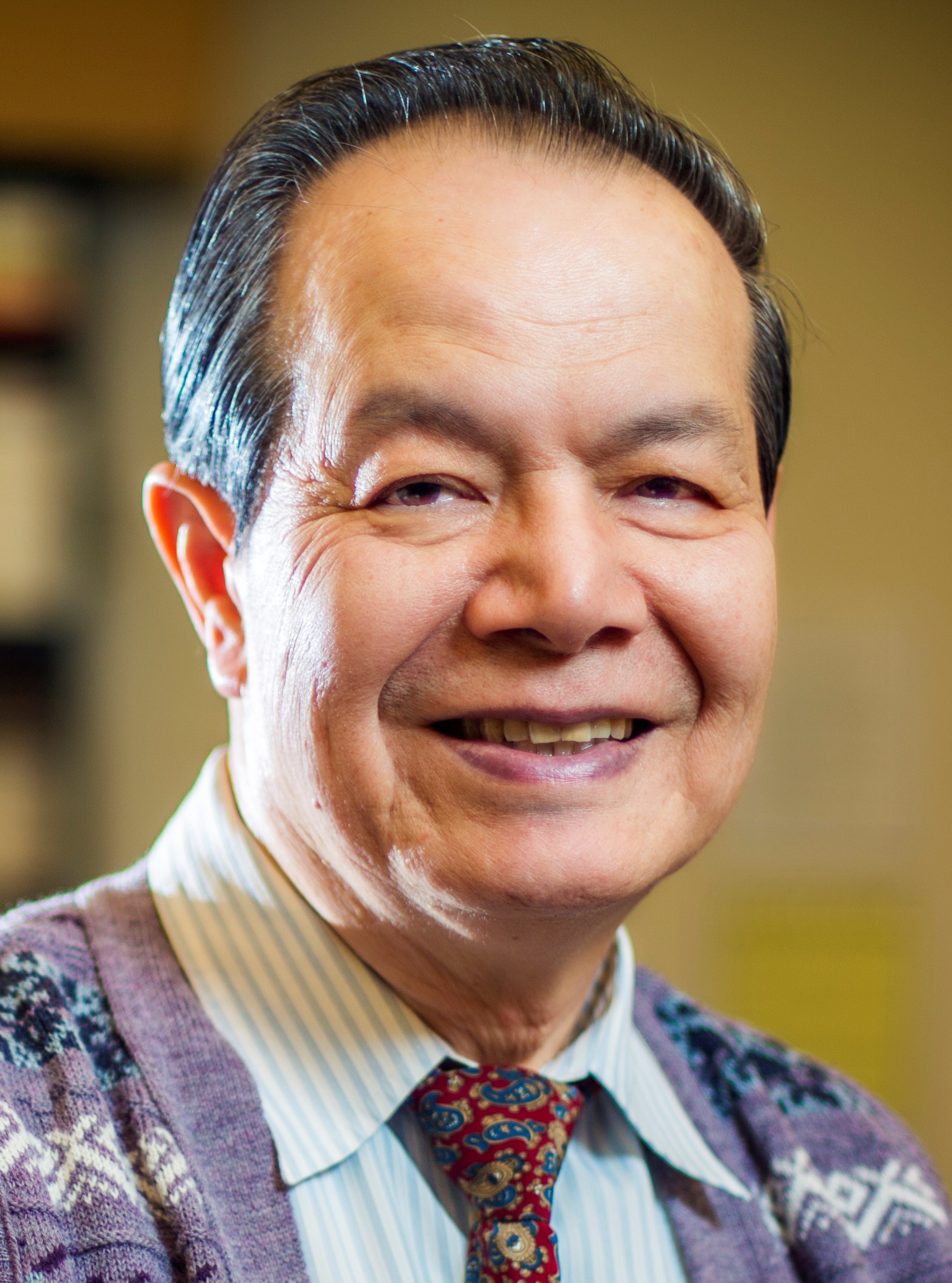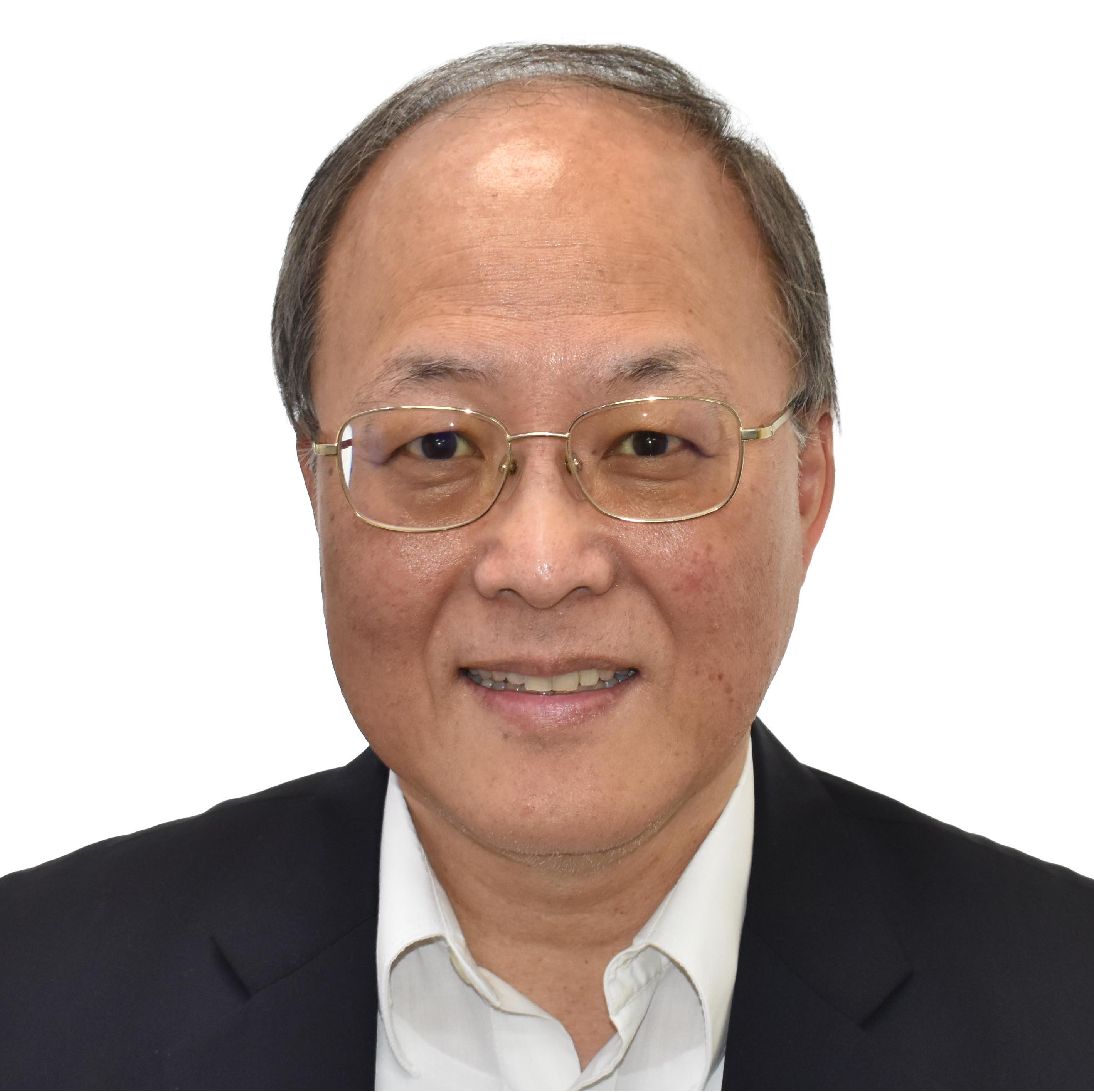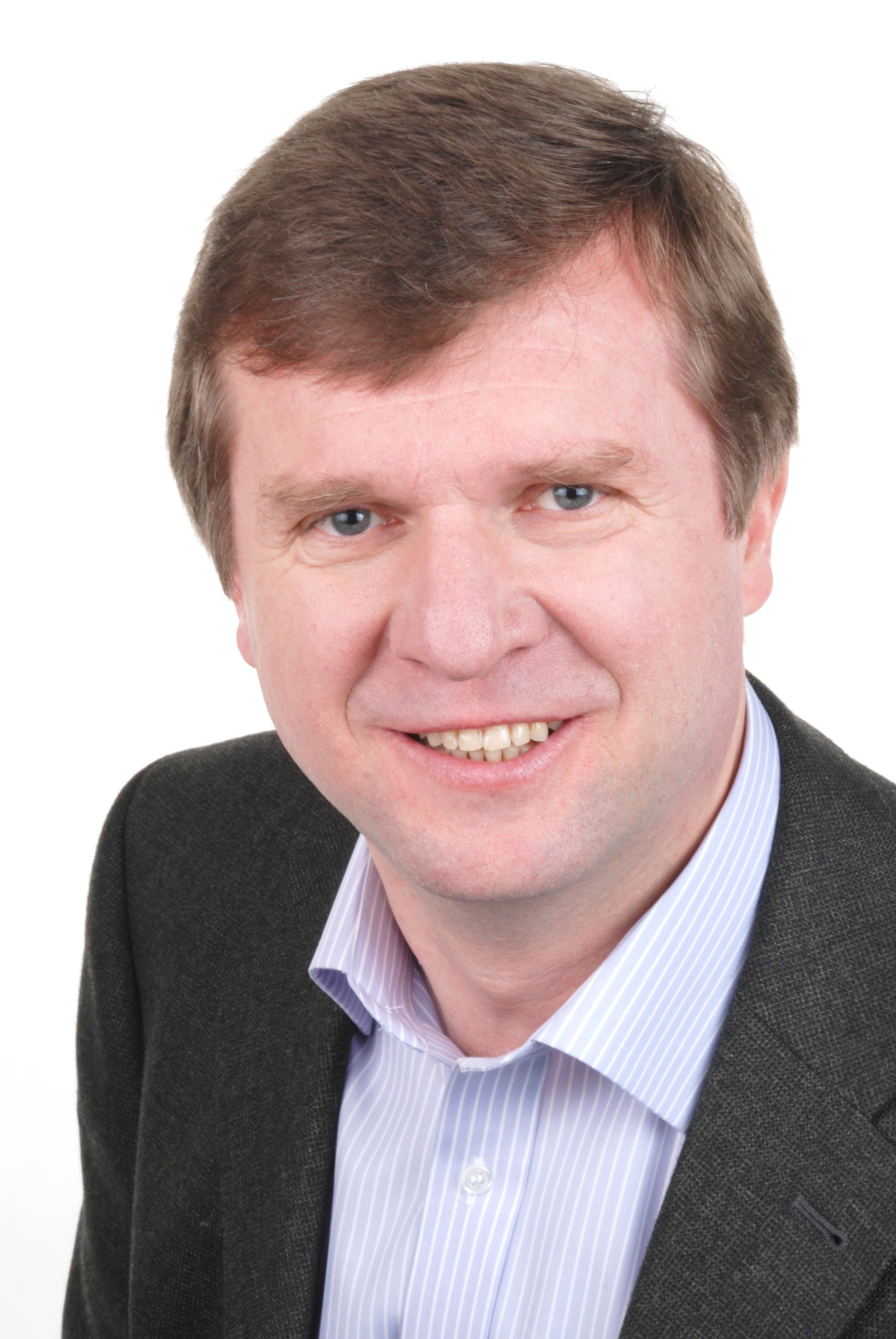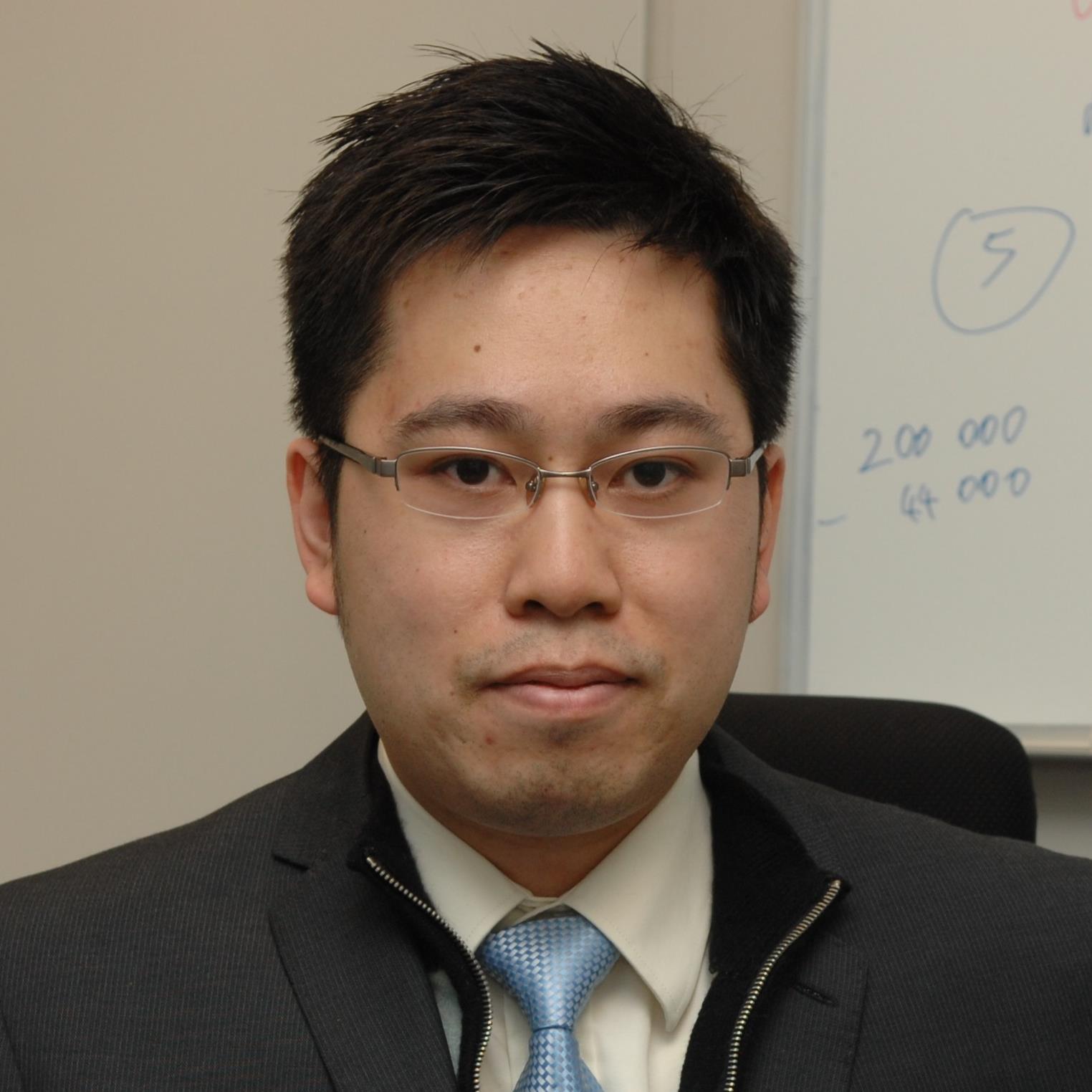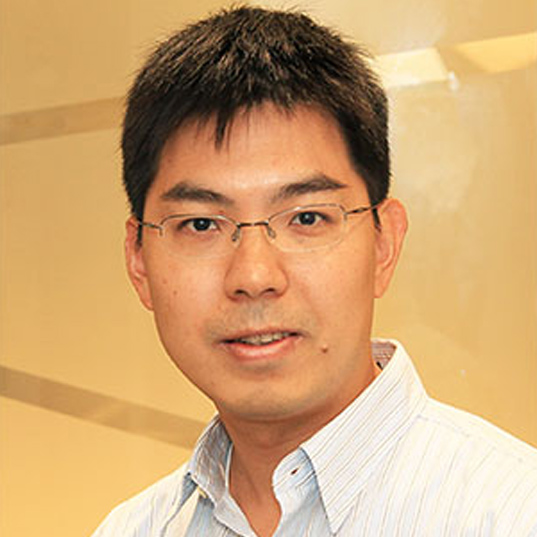- Keynote Speakers -
Yasuhiko Arakawa
Professor, Institute for Nano Quantum Information Electronics, The University of Tokyo, JapanSpeech Title: Advances in Quantum Dots for Lasers and Quantum Technologies
Abstract: In 1981, in parallel with reports by Soviet researchers on the discovery of nanoparticles/ colloidal quantum dots (QDs), we proposed in Japan the concept of three-dimensionally quantum-confined semiconductor heterostructures (i.e., QDs). This concept, conceived as an extension of semiconductor nanophysics that had evolved from semiconductor superlattices, was accompanied by our theoretical prediction of the temperature insensitivity of the threshold current, thereby pointing to their potential application to lasers. Over the following decades, QDs have become firmly established as fundamental nanostructures in both photonics and electronics. Among their many applications, QD lasers represent the first practical quantum devices to fully harness the discrete nature of electronic energy states. Today, QDs extend their impact beyond conventional optoelectronics, contributing to the development of frontier quantum technologies such as quantum computing and quantum communication. In this presentation, we review recent advances in QD lasers as indispensable light sources for silicon photonics and highlight realizing high-quality QD-based single-photon sources for quantum-integrated photonic systems.
Biography: Yasuhiko Arakawa received his Ph.D. from the University of Tokyo in 1980 and has served as Professor since 1993, currently holding the position of Specially Appointed Professor at the Institute for Nano Quantum Information Electronics, The University of Tokyo and Professor Emeritous, The University of Tokyo. He proposed the concept of the quantum dot in 1981-2 and pioneered quantum dot lasers, achieving the first experimental demonstration of their temperature insensitivity in 2004. His internationally recognized contributions include advances in quantum photonic devices such as single quantum dot lasers, single-photon sources, and exciton–photon polaritons. He also serves as Technical Advisor to QD Laser, Inc., driving new applications and broader deployment of quantum dot technologies. He is also a foreign meber of US National Acadmy of Engineering.
Ching Yee Suen
Professor, Computer Science and Software Engineering, Concordia University, CanadaSpeech Title: Pattern Recognition, AI, and Their Applications
Abstract: This talk is about (a) Pattern Recognition, the backbone of Artificial Intelligence, ways of recognizing different types of patterns and visible objects using image processing and machine learning methodologies, and (b) AI - Artificial Intelligence, a bit of history, theory, and various applications. We also present the use of ViT, GPT, and deep learning techniques to recognize handwriting, to measure facial beauty, and to detect fake coins automatically. This system consists of feature measurement, 3D analysis, fuzzy set analysis, advanced PR, AI and ML techniques. For validation, many real world samples have been tested, and a near 100% accuracy hasbeen achieved. Numerous examples will be demonstrated during this talk.
Biography: Prof. Suen is the Honorary Chair of AI and Pattern Recognition of Concordia University in Montreal, Canada. He is also the Founder and Co-Director of the world renowned Centre for Pattern Recognition and Machine Intelligence (CENPARMI). He received an M.Sc. degree from the University of Hong Kong and a Ph.D. from the University of British Columbia. A Principal Investigator or Consultant of 30 industrial projects, Dr. Suen has published 8 conference proceedings, 16 books and more than 630 papers.
Dr. Suen is the recipient of the IAPR 2020 King-Sun Fu Prize (top honour in the field of Pattern Recognition given to only one person every two years) for "Pioneering research and exceptional contributions to handwriting recognition" leading to the modern way of writing messages with a finger on the surface of cell phones. As a former Editor-in-Chief of the Pattern Recognition Journal for ten years, he received the Elsevier Award of Excellence (2016), Gold Medal from the University of Bari (Italy 2012), CIPPR and ICDAR Awards (2005), the very prestigious ITAC/NSERC national award of $50,000 (1992, together with Prof. G. Hinton of Toronto), and numerous others.
Prof. Suen is not only the founder of three international conferences: ICDAR, IWFHR/ ICFHR, and ICPRAI, but is also the General Chair of many international conferences around the world including ICPR, ICDAR, ICFHR, ICPRAI, ICCPOL, and Honorary Chair of numerous others. He has supervised 120 doctoral and master students to completion, and guided/hosted 100 long-term visiting scientists and professors. Currently, he is the Emeritus Editor-in-Chief of the journal of Pattern Recognition, an Adviser or Associate Editor of 5 other journals, and Editor of a new book series on Language Processing, Pattern Recognition, and Intelligent Systems. For details, click https://www.concordia.ca/faculty/ching-yee-suen.html
Kin K. Leung
Professor, EEE and Computing Department, Imperial College, UKSpeech Title: Machine Learning for Communication Networks
Abstract: Efficient allocation of limited resources to competing demands is a crucial issue in the design and management of communication networks. In this presentation, the speaker will first introduce a new reinforcement-learning technique for achieving optimal resource allocation in networks with periodic traffic patterns. The effectiveness of this method will be demonstrated through numerical examples. In addition, the speaker will discuss new approaches for supporting federated learning (FL) and enhancing the learning process through resource adaptation, model pruning, and split learning to address resource constraints. FL involves learning model parameters from distributed data and adapting the learning according to the limited availability of communication, CPU, and GPU resources. The key idea of model pruning is to reduce computation and communication burden by removing unimportant model parameters, while split learning divides the model and learning tasks between the server and user sides. Experimental results demonstrate that these approaches perform close to the optimum or offer significant performance improvements when compared to other methods.
Biography: Kin K. Leung received his B.S. degree from the Chinese University of Hong Kong, and the M.S. and Ph.D. degrees from University of California, Los Angeles. He worked at AT&T Bell Labs and its successor companies in New Jersey from 1986 to 2004. Since then, he has been the Tanaka Chair Professor at Imperial College in London. He was the Head of Communications and Signal Processing Group from 2019 to 2024 and now serves as Co-Director of the School of Convergence Science in Space, Security and Telecommunications at Imperial. His current research focuses on optimization and machine learning for design and control of large-scale communications, computer and quantum networks. He also works on multi-antenna and cross-layer designs for wireless networks.
He is a Fellow of the Royal Academy of Engineering, IEEE Fellow, IET Fellow, and member of Academia Europaea. He received the Distinguished Member of Technical Staff Award from AT&T Bell Labs (1994) and the Royal Society Wolfson Research Merits Award (2004-09). Jointly with his collaborators, he received the IEEE Communications Society (ComSoc) Leonard G. Abraham Prize (2021), the IEEE ComSoc Best Survey Paper Award (2022), the U.S.–UK Science and Technology Stocktake Award (2021), the Lanchester Prize Honorable Mention Award (1997), and several best conference paper awards. He chaired the IEEE Fellow Evaluation Committee for ComSoc (2012-15) and served as the General Chair of the IEEE INFOCOM 2025. He has served as an editor for 10 IEEE and ACM journals and chaired the Steering Committee for the IEEE Transactions on Mobile Computing. Currently, he is an editor for the ACM Computing Survey and International Journal of Sensor Networks.
Sergei Gorlatch
Professor, University of Muenster, GermanySpeech Title: Towards Intelligent Framework for Code Generation at Modern Distributed Architectures
Abstract: Modern and future applications increasingly work on distributed and networked architectures, including Clouds and Software-Defined Networks (SDN). They connect a potentially very high number of users who interact with the application and with other users in real time, i.e., a response to a user’s action happens virtually immediately. Popular examples are massively-multiplayer online games, high-performance simulations, and applications for e-learning and -training. They require very high level of user interactivity with hard Quality of Service (QoS) requirements on real-time performance and scalability.
One of the main challenges is the complex and often cumbersome development process of highly parallel, real-time software for such applications. We develop a novel, intelligent interface for developing and running applications: our Real-Time Framework (RTF) greatly simplifies the development of scalable distributed and networked applications. The developer specifies at the high level of abstraction how the application should be distributed and parallelized, and the framework automatically generates low-level code which can be directly executed on the target distributed architecture with high performance.
We finally address the problem of ensuring high QoS of networked applications by automatically translating from application-level metrics of QoS into network-level metrics that can be implemented by the underlying network structure using the advantages of SDN.
Biography: Sergei Gorlatch is Full Professor of Computer Science at the University of Muenster (Germany) since 2003. Earlier he was Associate Professor at the Technical University of Berlin, Assistant Professor at the University of Passau, and Humboldt Research Fellow at the Technical University of Munich, all in Germany. Prof. Gorlatch has more than 200 peer-reviewed publications in renowned international books, journals and conferences. He was principal investigator in several international research and development projects in the field of software for parallel, distributed, Grid and Cloud systems, machine learning, and networking, funded by the European Community and by German national bodies.
Ka-Chun Wong
Associate Professor, Hong Kong Convention Ambassador, Department of Computer Science, City University of Hong Kong, ChinaSpeech Title: AI for Science: Molecular Biology and Medicine
Abstract: In recent years, the integration of Artificial Intelligence (AI) in scientific research has revolutionized the field of molecular biology and medicine. This keynote speech aims to explore three significant aspects of computational intelligence in molecular biology and medicine. In particular, we will go from basic research to clinical research: bioinformatics, medical informatics, and clinical solutions. By leveraging computational intelligence and generative AI, we have enabled breakthroughs in DNA motif analysis, cancer detection, gene editing, and small-molecule drug discovery.
1. Bioinformatics: DNA motifs and gene regulation
Bioinformatics has been greatly enhanced by AI techniques, particularly in the analysis of DNA motifs and gene regulation. Pattern recognition algorithms have proven instrumental in identifying and understanding the intricate patterns within DNA sequences. These algorithms aid in deciphering gene regulatory elements, enabling researchers to unravel the complexity of genetic networks and their impact on cellular processes. Through AI-powered bioinformatics, we have gained deeper insights into the fundamental mechanisms governing gene expression and regulation.
2. Medical informatics: Cancer detection and localization
AI has played a pivotal role in medical informatics, particularly in the realm of cancer detection and localization. Machine learning algorithms have demonstrated remarkable accuracy in analyzing complex medical data, such as radiological images and genomic profiles. By training models on vast datasets, AI can identify subtle patterns indicative of cancerous cells, assisting in early detection and precise localization of tumors. This breakthrough empowers clinicians to make informed decisions, leading to improved patient outcomes and personalized treatment strategies.
3. Clinical solutions: gene editing and small-molecule drug discovery
AI has propelled clinical solutions to new heights, particularly in gene editing and small-molecule drug discovery. With the aid of diffusion models, researchers can simulate and predict the behavior of genetic modifications and their impact on cellular functions. This enables precise gene editing, offering potential therapeutic interventions for genetic disorders. Additionally, AI-driven drug discovery and docking techniques have accelerated the identification of small-molecule compounds with the potential to target specific disease pathways. By leveraging AI in clinical settings, we are witnessing a paradigm shift towards personalized medicine and tailored treatments.
Biography: Ka-Chun Wong was born and raised in Hong Kong where he was lucky enough to be immersed in a multi-cultural environment. He received his B.Eng. in Computer Engineering from United College, The Chinese University of Hong Kong in 2008. He has also obtained his M.Phil. degree in the Department of Computer Science and Engineering at the same university in 2010. From 2011 to 2014, he has spent 3.5 years to finish his PhD degree in the Department of Computer Science at the University of Toronto. Right after his PhD study, Ka-Chun has started his research lab in the Department of Computer Science, City University of Hong Kong. His research group works have been published on Nature Communications, Advanced Science, Nucleic Acids Research, iScience (Cell Press), Briefings in Bioinformatics, Bioinformatics, IEEE/ACM Transactions, NeurIPs, AAAI, IJCAI, ICONIP, and others. He is on the editorial boards and committees of international journals and conferences. Multiple keynote and invited speeches have been delivered worldwide. He was an ACM Distinguished Speaker from 2019 to 2022. He was ranked among the Stanford's top 2% most highly cited scientists for the recent three years (versions 5,6,7) and was also World Top 2% Scientist (2020 - 2025).
Yik-Chung Wu
Associate Professor, Department of Electrical and Electronic Engineering, The University of Hong Kong, ChinaSpeech Title: Tuning-free Matrix and Tensor Factorizations in Machine Learning
Abstract: Matrix and Tensor factorizations are important data analytic tools in many applications, such as recommendation systems, image completion, social network data mining, wireless communications, etc. Traditionally, matrix and tensor factorizations are approached from optimization perspective. While proven to be effective, optimization-based matrix and tensor factorizations usually involve hyperparameters tuning, with one of the major hyperparameters being the matrix or tensor rank. However, when the number of hyperparameters is more than 3 or 4, tuning them becomes computationally expensive. This talk approaches the problem from the Bayesian perspective and shows how hyperparameter tuning can be eliminated while providing comparable or even better performance than corresponding optimization-based algorithms.
Biography: Yik-Chung Wu received the B.Eng. (EEE) degree in 1998 and the M.Phil. degree in 2001 from the University of Hong Kong (HKU). He received the Croucher Foundation scholarship in 2002 to study Ph.D. degree at Texas A&M University, College Station, and graduated in 2005. From August 2005 to August 2006, he was with the Thomson Corporate Research, Princeton, NJ, as a Member of Technical Staff. Since September 2006, he has been with HKU, currently as an Associate Professor. He was a visiting scholar at Princeton University, in summers of 2015 and 2017. His research interests are in general areas of machine learning and signal processing, and in particular Bayesian inference, distributed algorithms, and large-scale optimization. Dr. Wu served as an Editor for IEEE Communications Letters, and IEEE Transactions on Communications. He is currently a Senior Area Editor for IEEE Transactions on Signal Processing, an Associate Editor for IEEE Wireless Communications Letters, and an Editor for Journal of Communications and Networks. He received four best paper awards in international conferences, with the most recent one from IEEE International Conference on Communications (ICC) 2020. He was a symposium chair for many international conferences, including IEEE International Conference on Communications (ICC) 2023 and IEEE Globecom 2025. He was elected the Best Editor of the year 2023 in IEEE Wireless Communications Letters. He is an elected member of IEEE signal processing society SPCOM Technical Committee (2025-2026), and an IEEE Distinguished Lecturer (Vehicular Technology Society 2025 class).
Updated soon...

